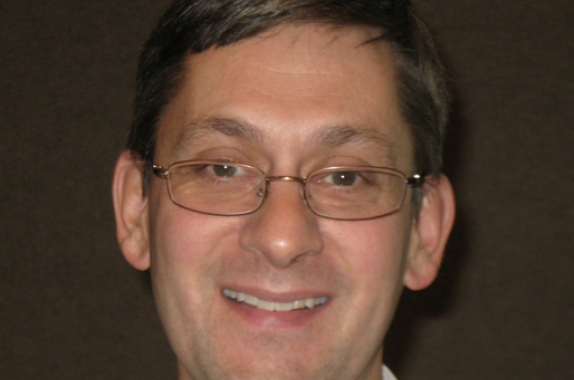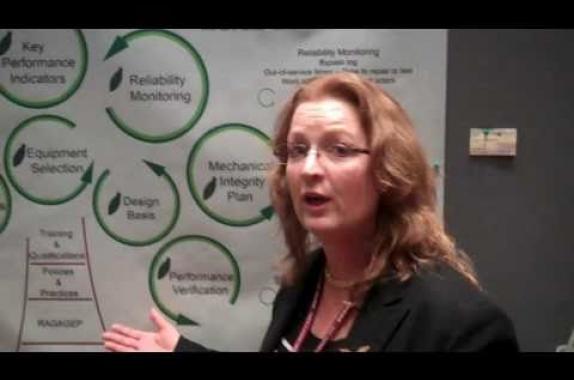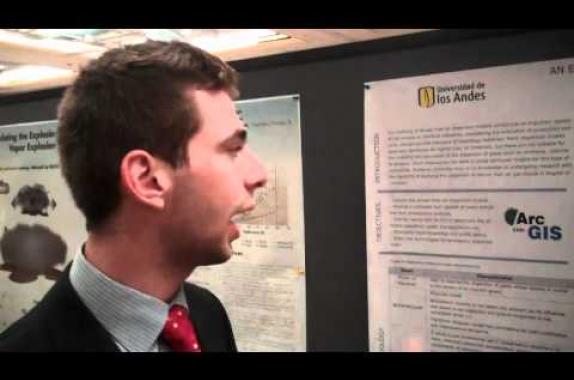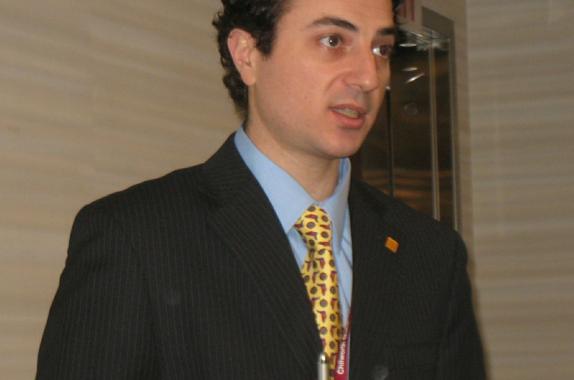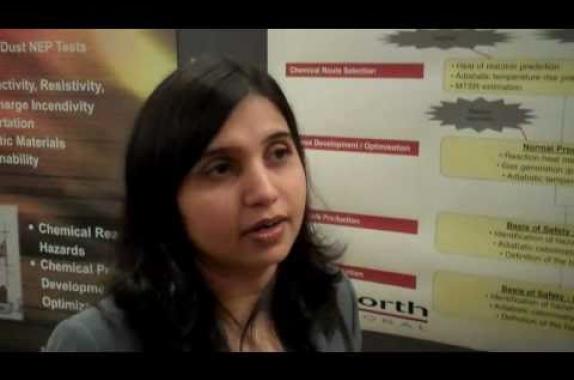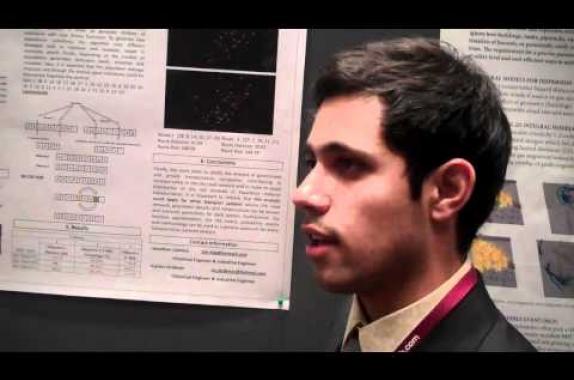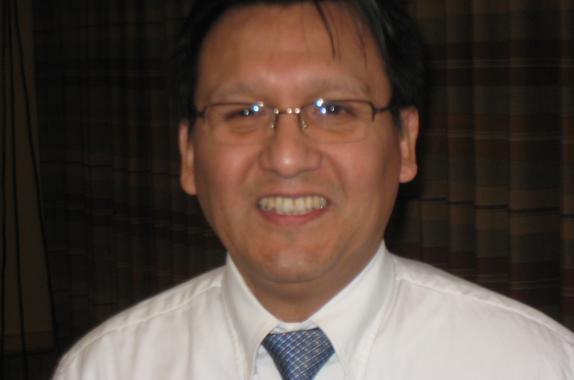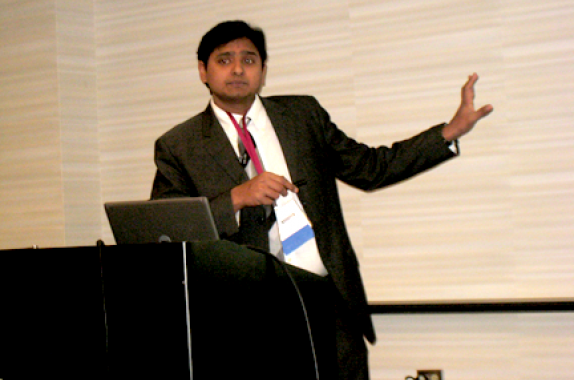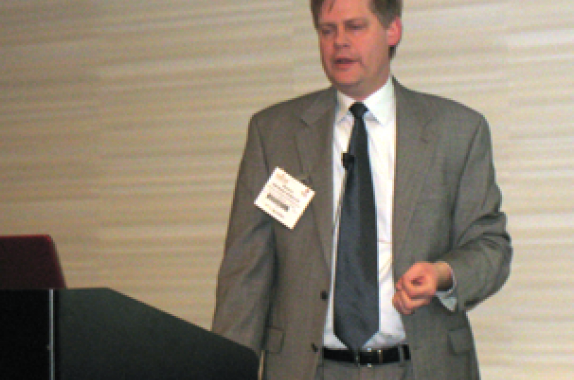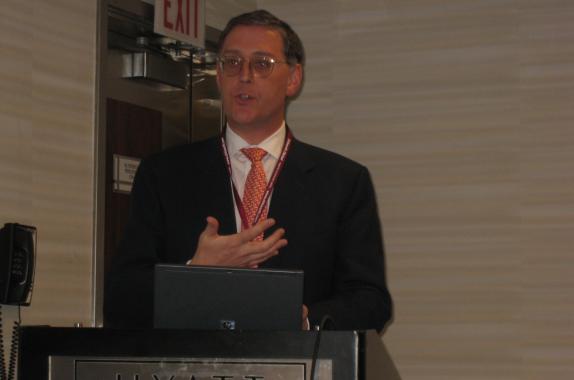Martin Bergstedt
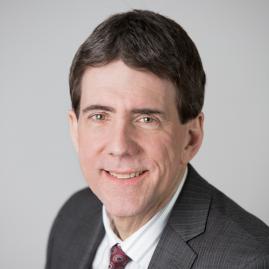
Martin Bergstedt is an experienced executive, with a Chemical Engineering degree from the University of Minnesota. He first joined Economics Laboratory at their pilot plant, performing process development and plant start-ups. From there he held positions of progressively increasing scope and responsibility at ETD Technology and DuPont Electronics, and then spent ten years in General Manager positions with Aptus (Westinghouse) Environmental and USFilter (Veolia). He worked at U.S. Water Services as Director of Engineering and Project Management, overseeing the design, specification and installation of water treatment systems for 60 new ethanol plants in a three year period, and is currently General Manager, Eastern U.S. at Amazon Environmental. His greatest successes are when taking underperforming or inexperienced organizations and forging a cohesive effort to accomplish the project or profit objectives.
ChEnected contributions
Developing Protocols for Evaluating CO2 Capture Options from a Flue Gas Slip Stream
Work is underway at the Pacific Northwest National Laboratory to accomplish an extensive evaluation of both solid and liquid phase CO2 adsorption materials and systems.
The Magnificent Seven: Tips for Successful Team Management
Many tasks are solved by teams, but they can either work together harmoniously with great results, or cause real headaches and produce very little. By keeping seven key tips in mind, you can keep your team on track to success.
Sergio García Discusses an Evaluation of Denser than Air Dispersion Models [On Location]
Using Membrane Reactors for Micro-Cogeneration Systems [On Location]
Research is underway in The Netherlands to demonstrate a single palladium membrane reactor (600C) technology to reduce the energy use and cost of small-scale, fuel-cell based electrical power generation. The results generated so far were presented by Fausto Gallucci of theDepartment of Chemical Engineering and Chemistry at the University of Technology, Eindhoven, The Netherlands.
Swati Umbrajkar Discusses Integration of Safety Testing In Product Life Cycle
Swati Umbrajkar, Manager of the Chemical Process Evaluation Group at Chilworth Global discusses her poster and proceeding titled: Safe Scale Up of Chemical Processes: Integration of Safety Testing in Product Life Cycle.
Jonathan Lizarazo Discusses Minimization of Risk Associated with Hazardous Materials Transportation [On Location]
Life Cycle Assessment Tools for Algal Biofuels [On Location]
Edward Frank, of Argonne National Laboratory discussed his group’s efforts to create the evaluation tools necessary to perform that analysis for algae derived biofuels, be they biodiesel or other refined fuels.
Anaerobic Treatment of High-Strength Effluents in Food, Beverage, and Agriculture [On Location]
Carlos Claros of MWH Americas presented a succinct summary of the benefits of anaerobic treatment for high strength COD/BOD (organic) loaded wastewater streams. In industry, about 65% of the successful applications have been in the food, food and animal processing, agricultural, and beverage industries.
Production of Biofuels from Giant Miscanthus [On Location]
The plant giant miscanthus (GM), a grass of Japanese origins, is proving to be a viable contender for a land-efficient biomass source of biofuels. A patented hybrid has been developed that can yield 25 tons/acre (5 times more that switchgrass), and produces a bio-oil that can be used as boiler fuel, further processed into other fuels or value added products, or reformed to generate hydrogen.
Determining the Value of a Chemical Business [On Location]
Whether getting in or getting out, successful business level transactions are dependent upon an accurate and insightful valuation of the business, its assets, income capabilities, and the business's place in the market. On Tuesday, Clinton Bogart, VP of the Industrial Valuation and Advisory Services group at CB Richard Ellis, presented the tools and techniques that have brought him and his company to a leadership position in the field.
Improved Zinc Oxide Nanowire-Based Solar Cells [On Location]
Current research on the use of new structures in zinc oxide nano-wires to enhance PV cell efficiency is being performed at Georgia Tech University, and some preliminary results were presented by Mallarie McCune on Tuesday.
A Model for Utilization of Municipal Wastewater for Power Plant Cooling [On Location]
With the rise in the world’s population and resultant increased need for water in agriculture and power generation, shortages could develop without creative water reuse schemes. One area of high interest is utilizing (post-processed) municipal wastewater for cooling tower make-up in thermoelectric power plants.
Bringing Value to Waste through Gas Fermentation [On Location]
As the world faces increasing energy challenges, one of the holy grails is a way to use waste carbon gasses to create new fuels or other high-value products. The ability to capture CO/CO2 to make a combustible fuel offers the possibility of a low/no-CO2 fuel. LanzaTech is currently piloting a CO/CO2 capture process, using a proprietary microbe that extracts carbon gasses from the air, to make fuel ethanol, using the basic oxygen furnace (BOF) gas from a steel mill in China. Roughly 30% of the carbon is converted into ethanol.
Preventing the Membrane Problem Most Foul [On Location]
Dr. Benny Freeman of the University of Texas at Austin presented some promising results of his team’s efforts to coat membrane surfaces with materials that greatly reduce fouling rates, and also allow for more effective cleaning when necessary.


